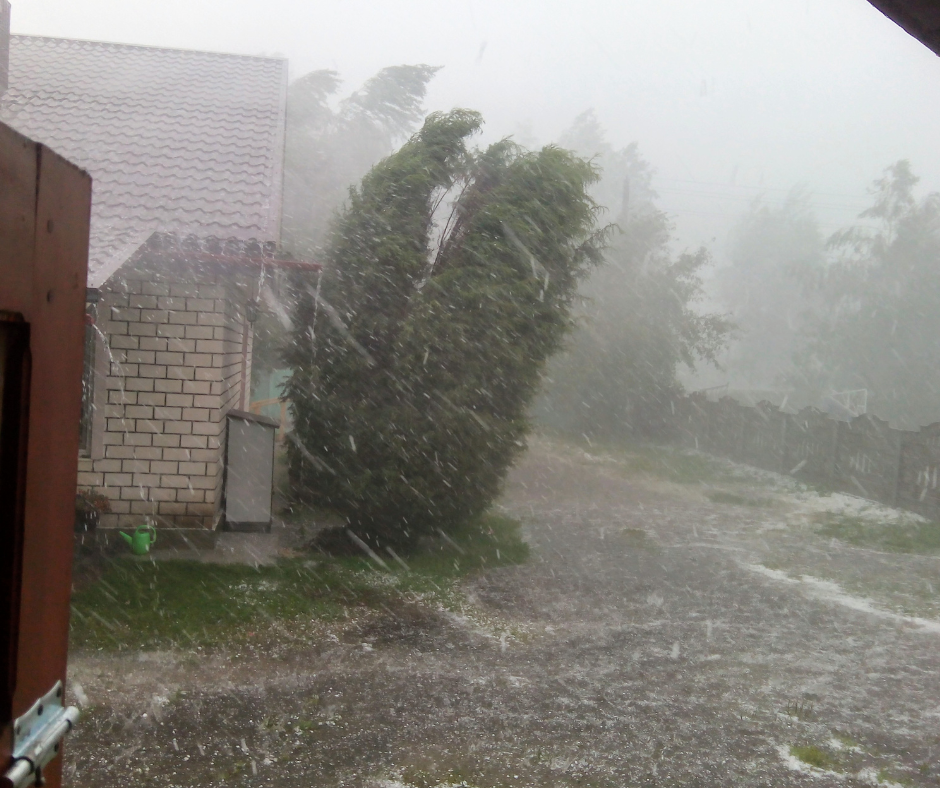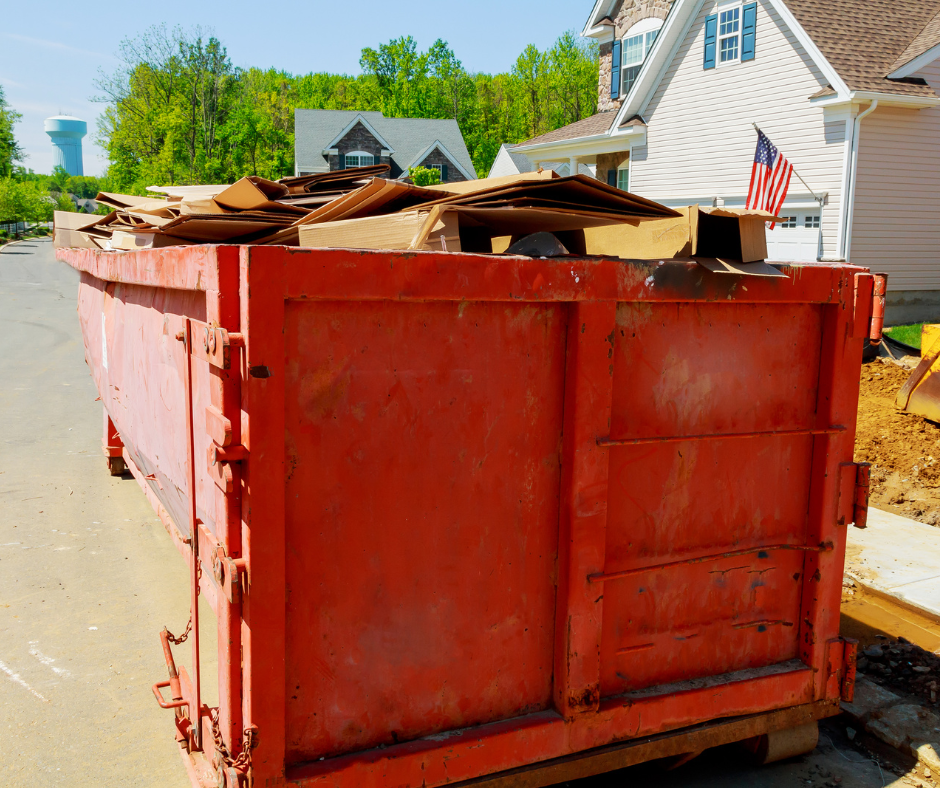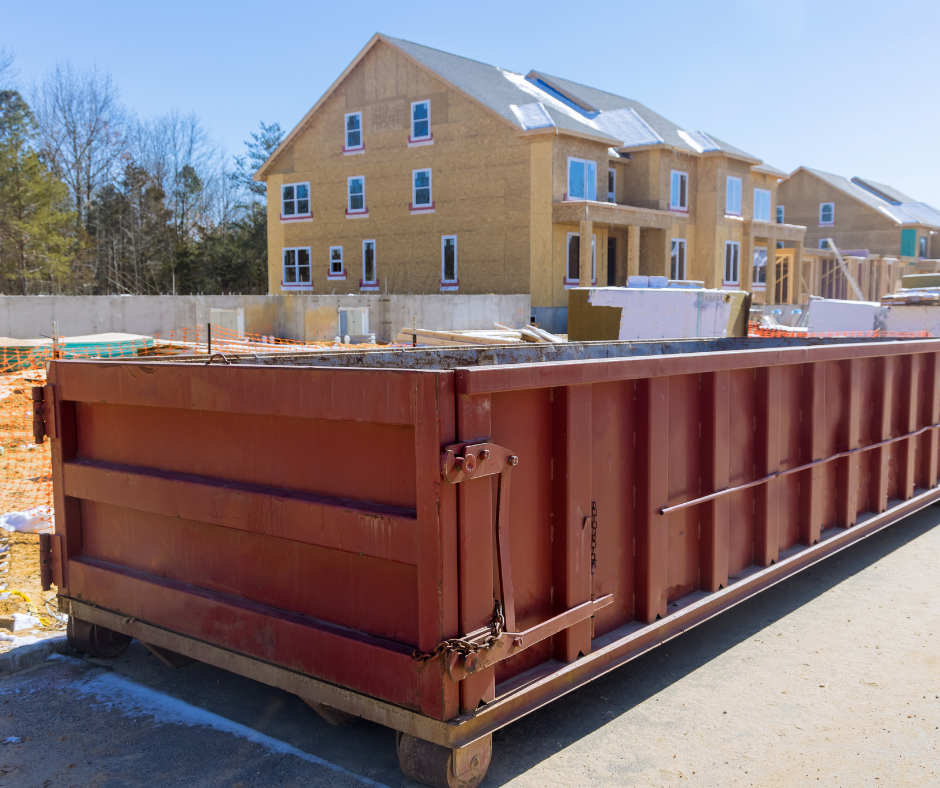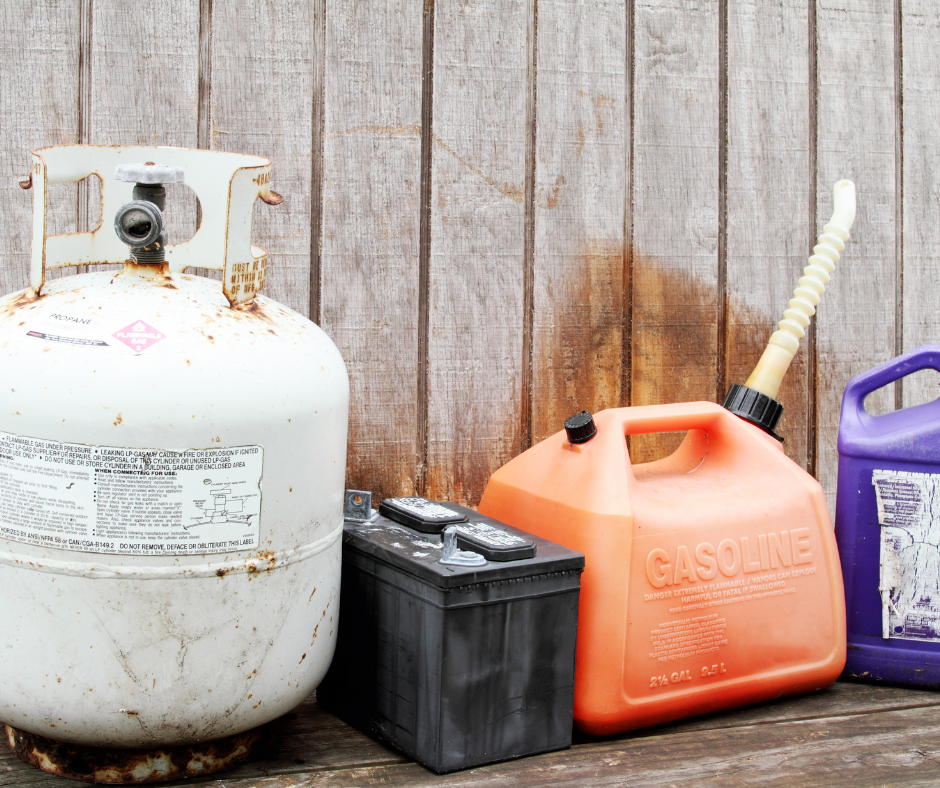
In the bustling world of waste management, where efficiency is a must and logistics is a key concern, there's a silent force that often goes unnoticed: the weather. Yes, you read that right. Weather doesn't just influence our outdoor plans; it also impacts waste transfer stations. Spring is the start of severe storm weather, especially in Pennsylvania. From flash flooding to thunderstorms, every weather event leaves its mark on these crucial hubs of waste disposal. Let's take a look at how weather affects waste transfer stations and understand why weather matters in the world of waste management.
Operational Efficiency: What happens when trucks carrying tons of waste are queued up at the transfer station in the pouring rain? The operations slow down. Rain makes it difficult to maneuver heavy machinery, increases the risk of accidents, and poses safety hazards for workers. Moreover, wet waste becomes heavier, making it more challenging to handle and transport. It directly impacts the efficiency of waste transfer stations, leading to delays and increased operational costs.
Waste Composition: Weather doesn't just affect the operations; it also alters the composition of the waste itself. During hot and humid weather, organic waste decomposes faster, leading to foul odors and increased methane emissions. Conversely, cold weather slows down decomposition rates and prolongs waste storage time. Additionally, extreme weather events such as thunderstorms or tornadoes can result in an influx of debris and hazardous materials, further complicating the waste management process. Wind gusts not only blow trash out of the facility but can also damage trees and roofs.
Environmental Impact: Let's not forget the environmental implications of weather-related challenges faced by waste transfer stations. Heavy rains can cause runoff contaminated with pollutants from the waste, leading to water pollution and soil degradation. Moreover, extreme heat can exacerbate the release of greenhouse gases from decomposing organic waste, contributing to climate change. Waste management facilities can play a vital role in environmental stewardship by identifying and mitigating these impacts.
Infrastructure Resilience: Building resilient infrastructure is key to mitigating the impact of weather events on waste transfer stations. From designing drainage systems to withstand heavy rainfall to implementing odor control measures for hot weather conditions, there are various strategies that facilities can adopt to weatherproof their operations. By investing in robust infrastructure, you not only maximize operational efficiency but also minimize environmental risks.
A waste transfer station's operational efficiency and environmental sustainability are influenced by weather events. In recognizing and addressing these weather-related challenges, more resilient waste management systems will be able to withstand nature's unpredictable changes. So, let's weather the storm together and pave the way for a more sustainable tomorrow.















